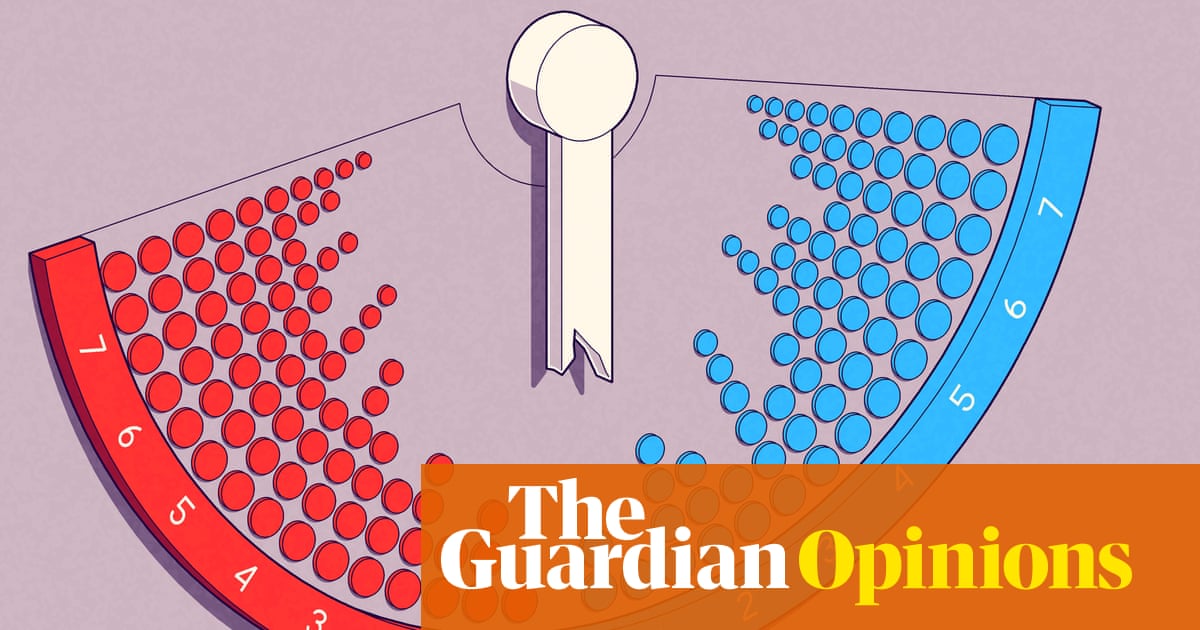
"Rachel Reeves's speech, we were told, was an act of pitch-rolling, performed because in the words of Treasury sources the chancellor and her colleagues were desperate to get her message across to the public. Here, unfortunately, was the essence of the event's absurdity: as if to confirm people's most cynical views of politics, she served notice that she is about to do something hugely significant, but refused to explicitly say what it is."
"But thanks to nods, winks and the usual anonymous briefings, what she was signalling was obvious: she could no longer honour her party's manifesto pledge not to raise national insurance, VAT or income tax and that, in a gambit last tried by a chancellor in 1975, the latter's basic rate is likely to go up. If that happens, it will be a massively dangerous moment."
Westminster often stages formal events that blend lacklustre ceremony with absurdity. The chancellor signalled an intention to abandon manifesto promises by raising national insurance, VAT, or income tax, with the basic income tax rate likely to rise. Breaking a memorable election pledge would deepen public resentment about paying more for diminishing services and further erode already low trust in mainstream politics. Such a move could provoke significant electoral consequences, boosting support for smaller parties and destabilising traditional party loyalties. Observers describe mainstream politics as entering a last-chance phase because it cannot be trusted to deliver its promises.
Read at www.theguardian.com
Unable to calculate read time
Collection
[
|
...
]